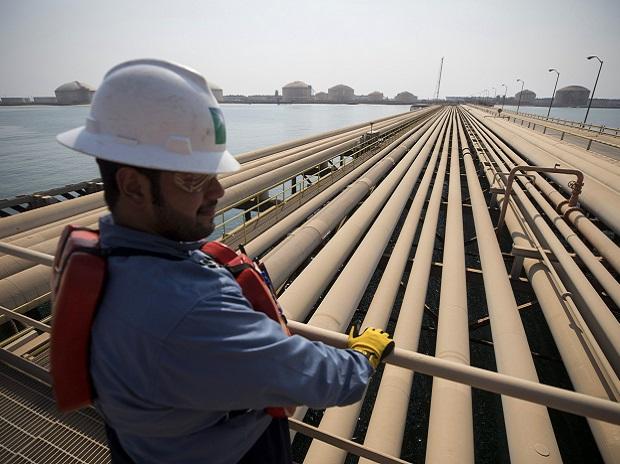[ad_1]
Amid a demand by western countries to cap Russian oil purchases below $60, there was some anxiety in India on how to ensure continuous oil flow to meet its requirements. However, according to a report in The Economic Times, most Indian refiners may be able to get most of their Russian oil purchases well below the G7 price cap.
Indian industry executives told the publication that this may be possible as global oil prices have fallen below that threshold, allowing India some breathing space. Several government officials and industry executives said Indian refiners will continue to get cheap Russian oil without any expected shipping or insurance trouble.
India mostly buys the Urals crude from Russia. This grade made up 80% of India’s oil imports last month. Latest price data suggests that the Urals crude is trading around $49 per barrel, well below the price cap rate. The others — ESPO blend and Sokol – are trading near the price cap rate (at around $62 and $69 per barrel, respectively).
While India has not supported the price cap, it would have faced problems if it had decided to buy Russian oil above the price cap, since the US and its allies have prohibited the use of its shipping, insurance and financial services for any Russian oil deal struck above $60.
On the other hand, Russia is unlikely to defy the market to increase prices, according to the industry executives. They also say that even the western countries would not want to block all Russian oil from the market as it would lead to a sharp increase in rates.
“The price cap looks more like a posturing. Even the West may not want Russian oil to go off the market,” MK Surana, the CEO of Ratnagiri Refinery and Petrochemicals and former chairman of HPCL, told ET.
“Very low cap might motivate Russia to consider reducing production rather than produce at uneconomical rates which would reduce overall global supplies and push up prices for all,” Surana added.
Usually, refiners sign oil deals in one or two months in advance at rates prevailing at the time. Even if the rates jump now, it is likely to show impact gradually.
[ad_2]
Source link




